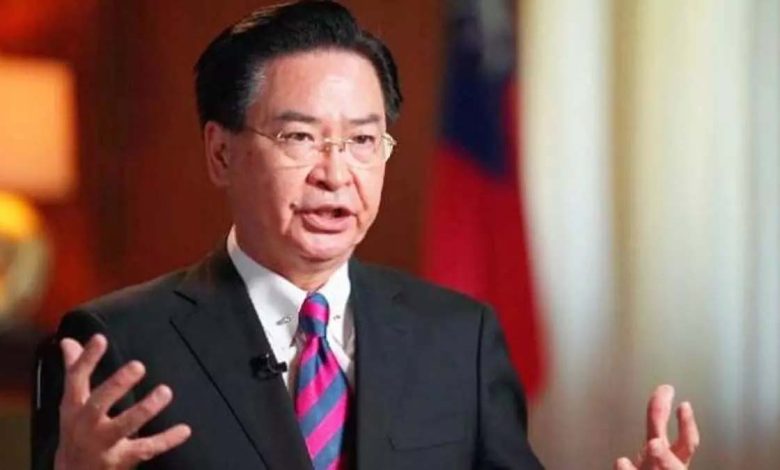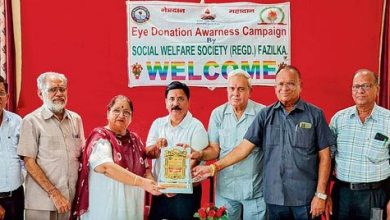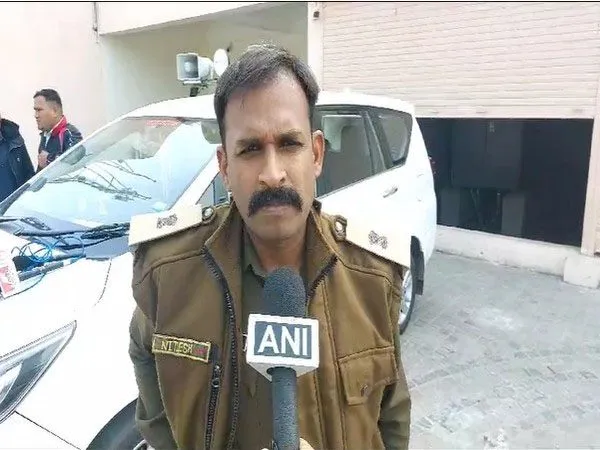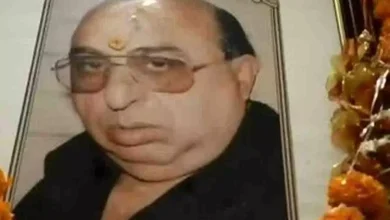
New Delhi: The Chinese Embassy in India has issued a statement regarding the interview of Taiwan Foreign Minister Joseph Wu with an Indian media channel. It has been alleged that the channel provided a platform to the Foreign Minister to advocate ‘Taiwan independence’. In response, Taiwan’s Taipei said that India and Taiwan are democracies with free and vibrant journalism.
It is worth noting that India follows ‘One China Policy’ with respect to Taiwan and does not have formal diplomatic relations with Taipei.
The statement issued by China’s embassy said, “On February 29, 2024, a certain Indian TV aired an interview with Joseph Wu, head of Taiwan’s Foreign Affairs Office, which saw him advocating ‘Taiwan independence.’ This is a serious violation of the ‘One China Policy’ and is completely unacceptable.
It defined the ‘one-China principle’ as ‘there is only one China in the world, Taiwan is part of China, and the Government of the People’s Republic of China is the sole legal government representing the whole of China.’
Subsequently, in response, Taiwan’s Foreign Ministry said, ‘Neither India nor Taiwan is part of the People’s Republic of China (PRC) and we are not its puppets. We are both democracies with a free and vibrant journalism that cannot be dictated.
Taipei asked Beijing to worry about its own economic slowdown instead of “threatening its neighbours”. The relationship between China and Taiwan is different. Taiwan is a small island located 100 miles or about 160 kilometers away from the south-eastern coast of China. Taiwan has been considering itself an independent country since 1949, but till now only 14 countries of the world have recognized it as an independent country and have established diplomatic relations with it.
China considers Taiwan as its province and believes that one day Taiwan will become a part of it. At the same time, Taiwan calls itself an independent country. It has its own constitution and there is an elected government.





